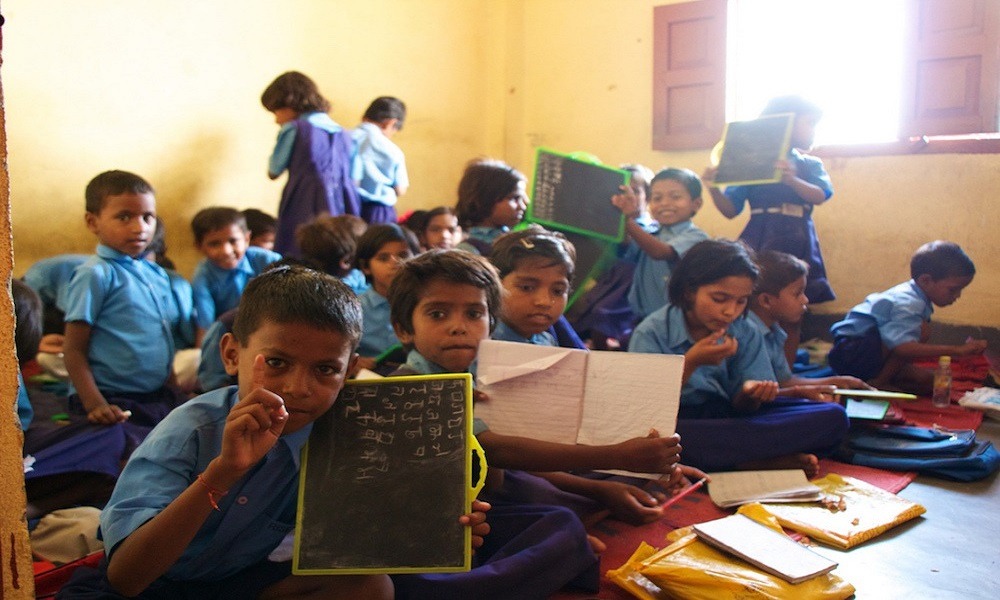Education is widely recognized as one of the most powerful tools for breaking the cycle of poverty and fostering sustainable development.
At Fikrah, where we are dedicated to improving quality education for underprivileged children, we understand the transformative impact that education can have on individuals, families, and communities striving to overcome economic hardship.
Empowering Individuals with Knowledge and Skills
Education empowers individuals by equipping them with essential knowledge, skills, and competencies needed to succeed in life.
By providing quality education, particularly to marginalized and vulnerable populations, we can enhance individuals’ abilities to secure stable employment, make informed decisions, and contribute positively to society.
Education opens doors to economic opportunities that would otherwise remain out of reach, offering a pathway out of poverty.
Breaking the Cycle of Intergenerational Poverty
Education plays a pivotal role in breaking the cycle of intergenerational poverty. When children from disadvantaged backgrounds receive quality education, they are more likely to achieve better health outcomes, earn higher incomes as adults, and provide better opportunities for their children in the future.
Investing in education today yields long-term dividends by creating a more skilled and productive workforce and reducing the transmission of poverty across generations.
Promoting Social Inclusion and Equity
Education promotes social inclusion by providing all individuals, regardless of their background, with equal opportunities to learn and succeed. Access to education helps address disparities in society by empowering marginalized groups, including girls, ethnic minorities, and children with disabilities.
By ensuring equitable access to education, we can create a more just and inclusive society where everyone has the chance to reach their full potential.
Enhancing Critical Thinking and Problem-Solving Skills
Beyond academic knowledge, education fosters critical thinking, creativity, and problem-solving skills—essential attributes for navigating the complexities of the modern world. These skills enable individuals to adapt to changing circumstances, innovate solutions to challenges, and contribute meaningfully to economic development.
A well-educated population is better equipped to address systemic issues such as inequality, environmental sustainability, and public health, leading to broader improvements in societal well-being.
Advancing Economic Development and Prosperity
Education is a catalyst for economic development and prosperity. Countries with higher levels of educational attainment tend to experience greater economic growth and stability.
Educated individuals are more likely to engage in entrepreneurial activities, drive innovation, and contribute to a skilled workforce that attracts investment and drives economic diversification. By investing in education, communities can create the conditions for sustainable development and poverty reduction.
Investing in Education for Lasting Change
At Fikrah, we believe in the transformative power of education to break the cycle of poverty and empower individuals to build better futures. By advocating for increased investment in education, supporting access to quality schooling, and promoting lifelong learning opportunities, we can create positive change that uplifts entire communities.
Together, let’s prioritize education as a fundamental human right and a cornerstone of poverty alleviation efforts, ensuring that every child has the opportunity to fulfill their potential and contribute to a more equitable and prosperous world.
Click here to know more about “Education as a Powerful Poverty Alleviation Intervenstion”

